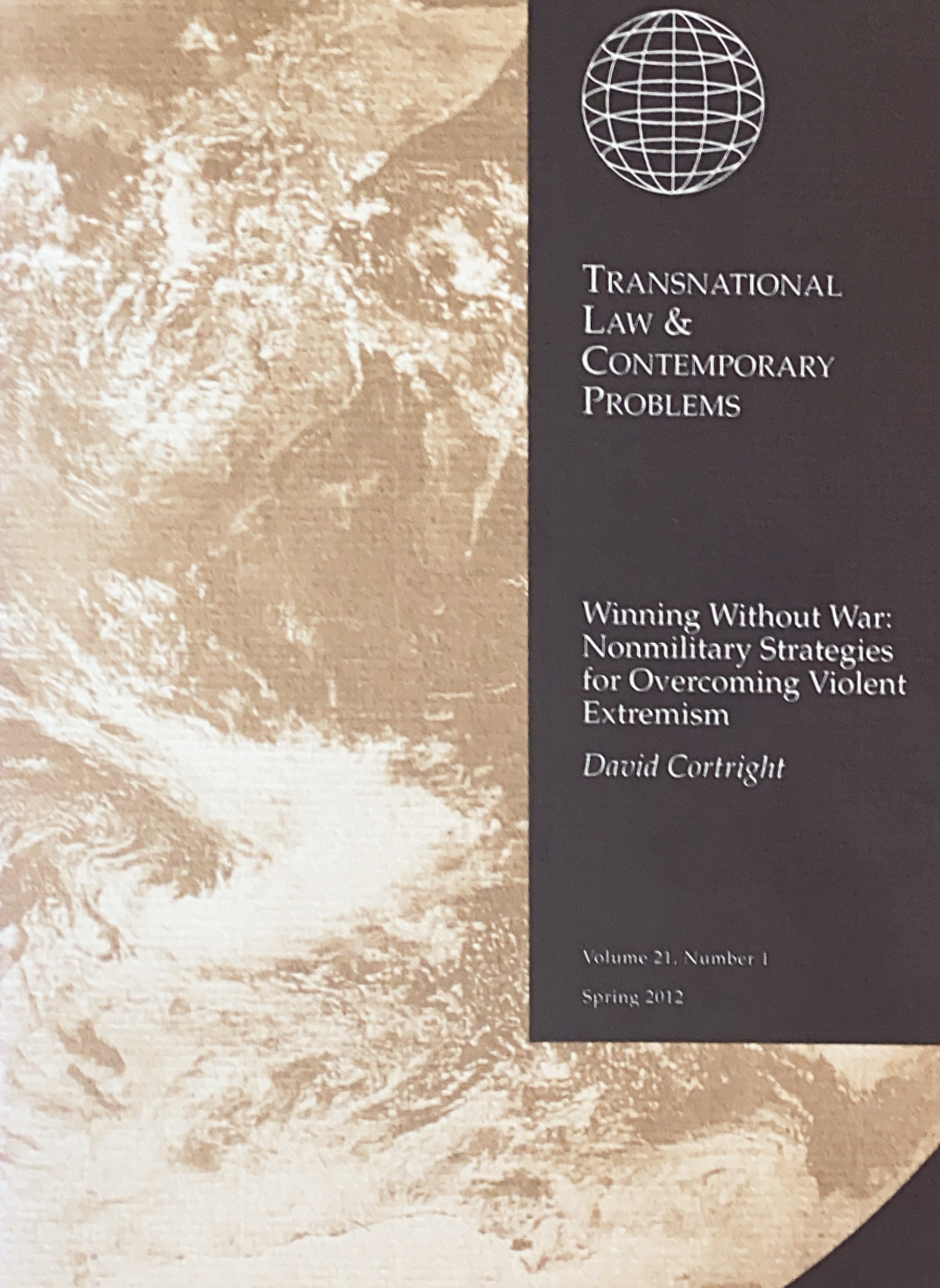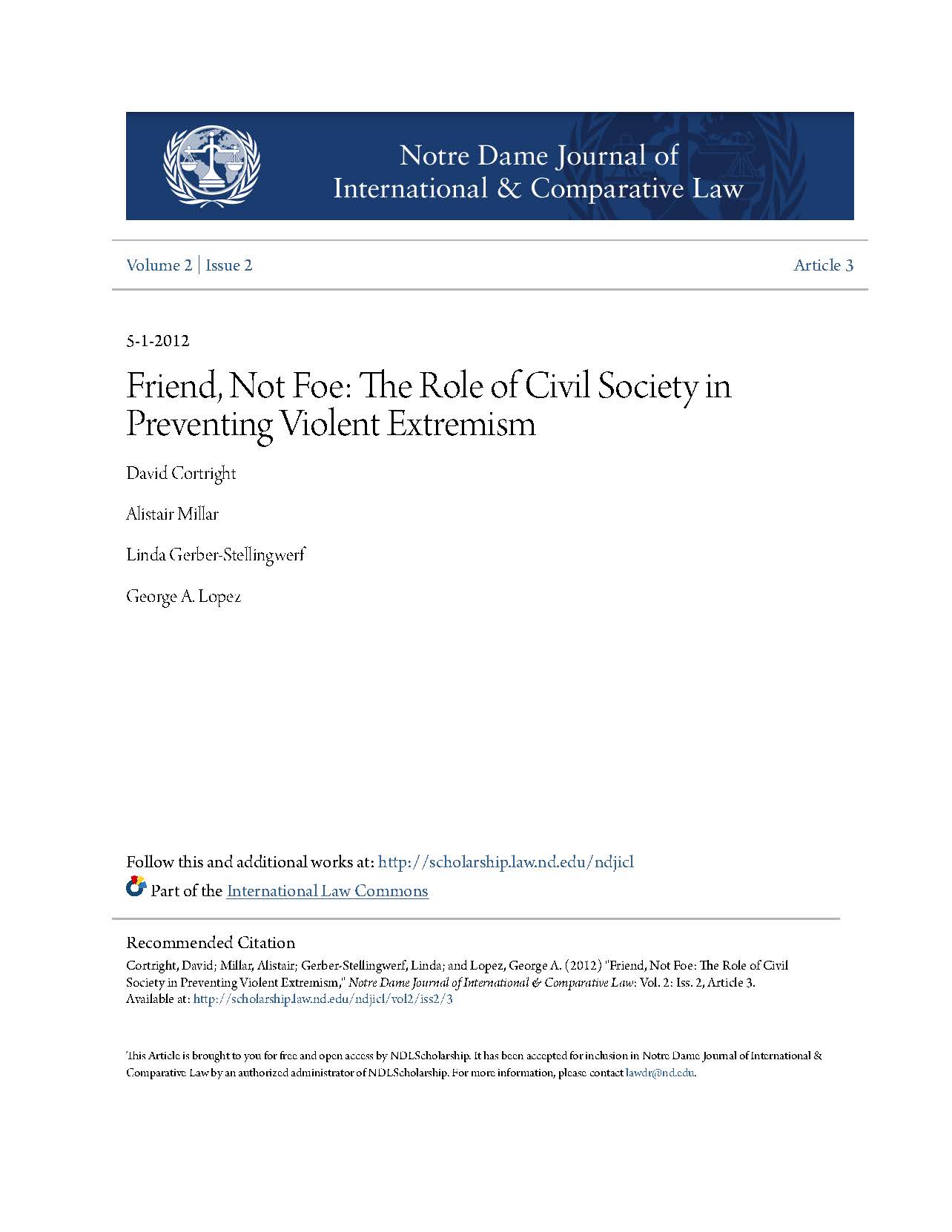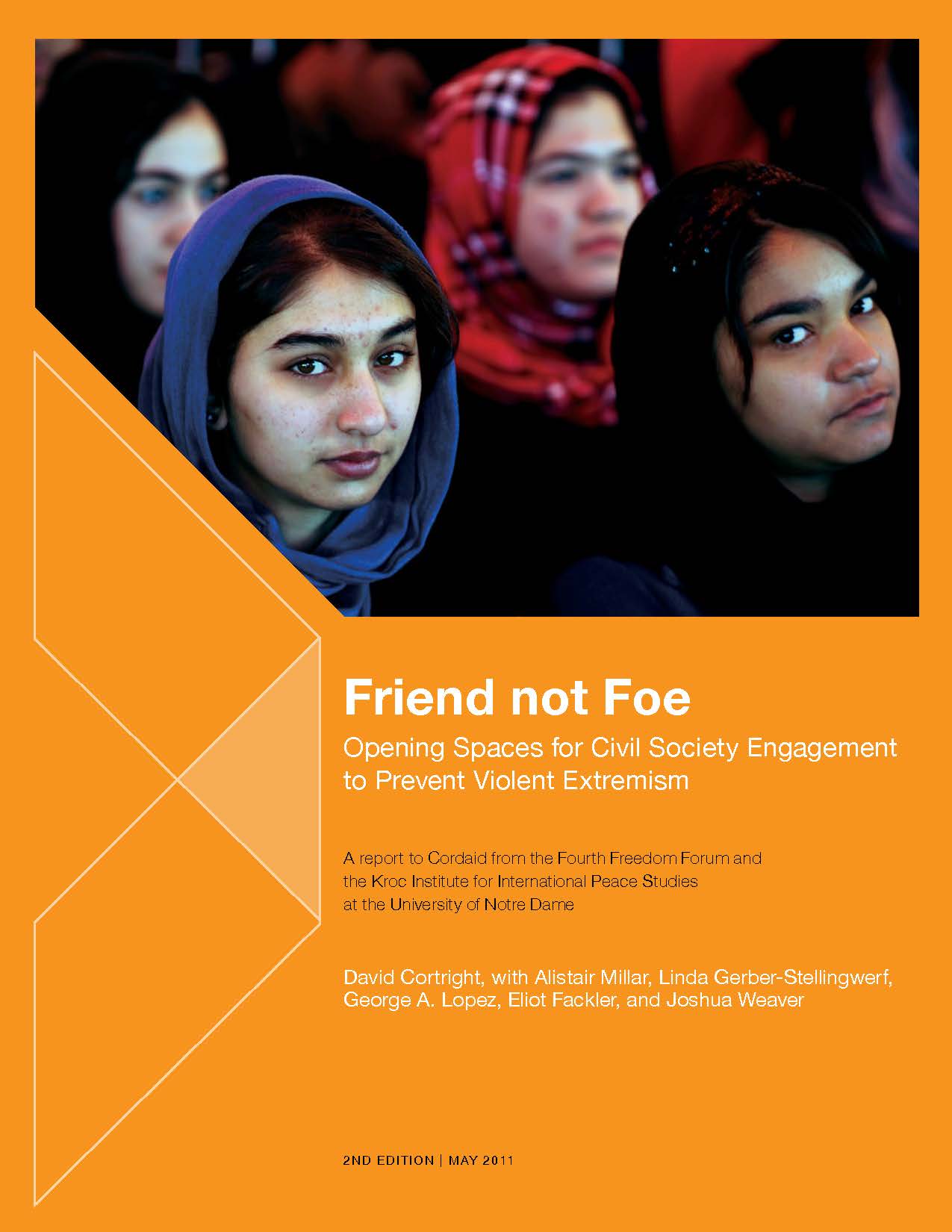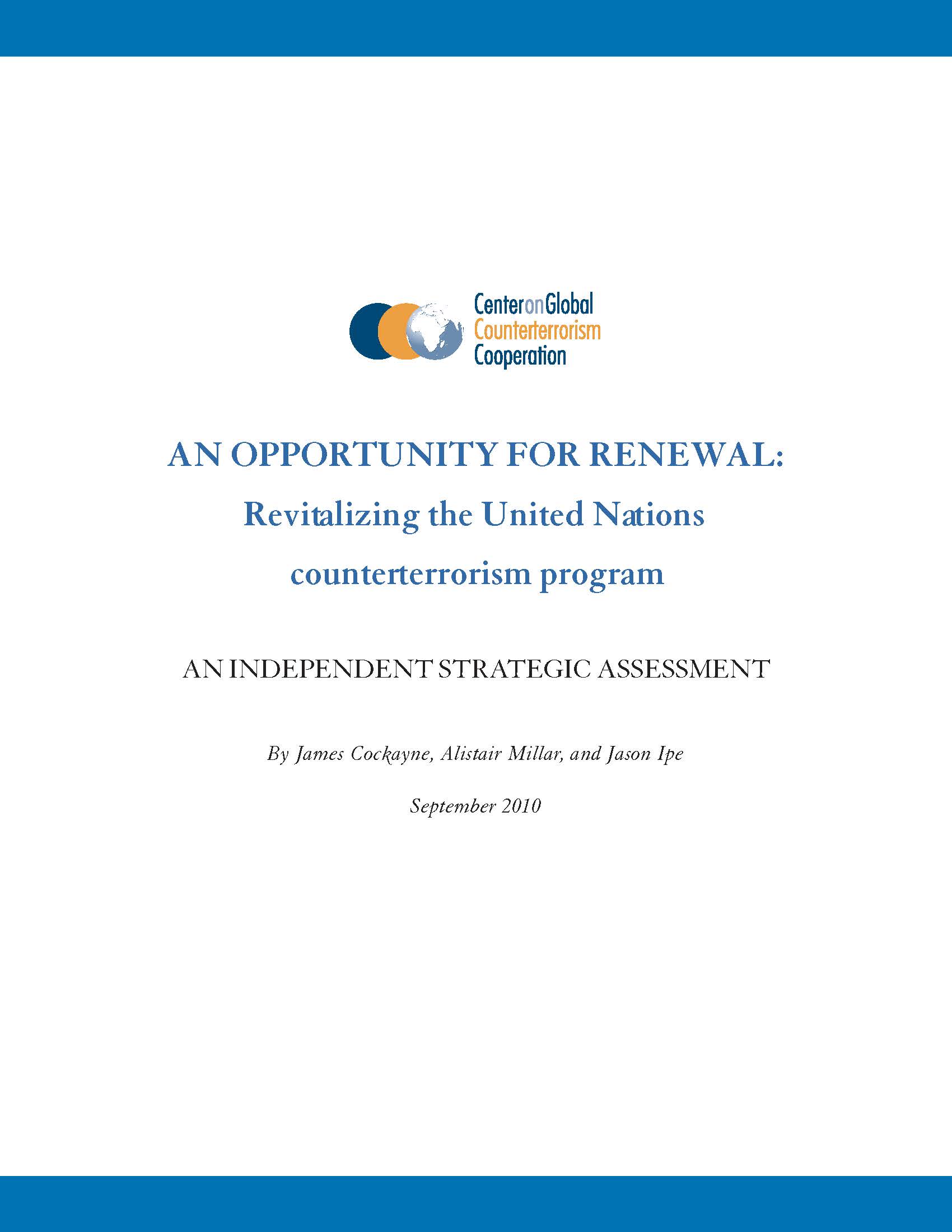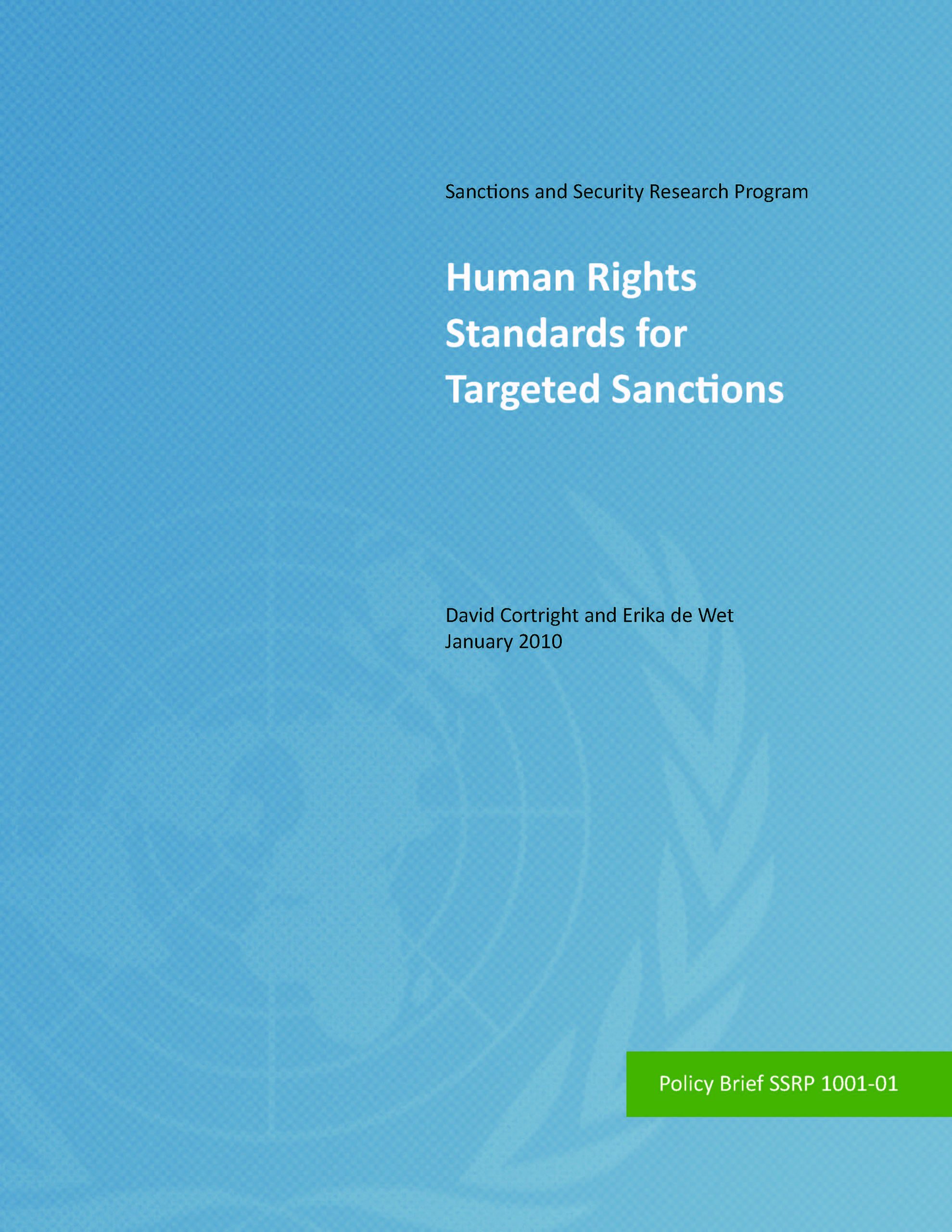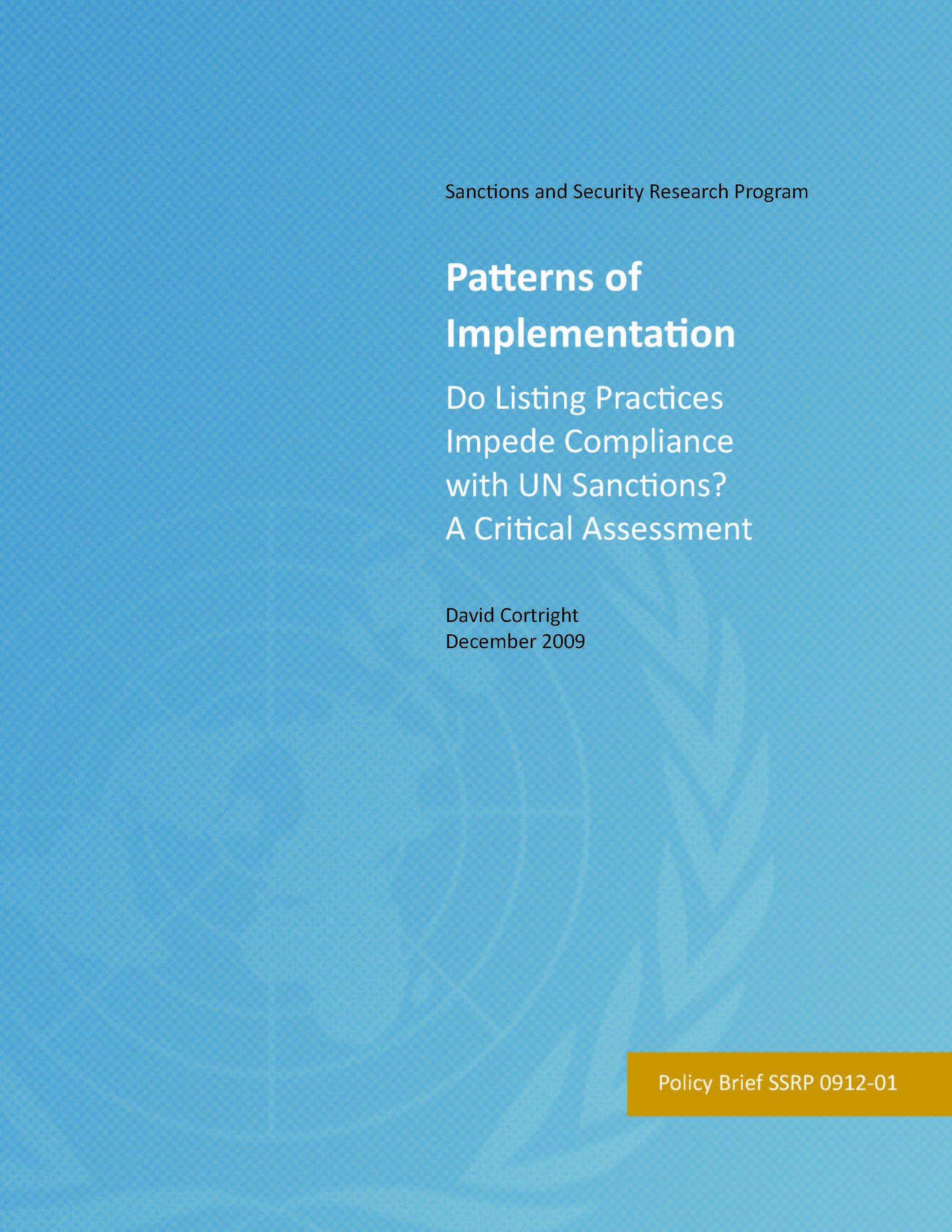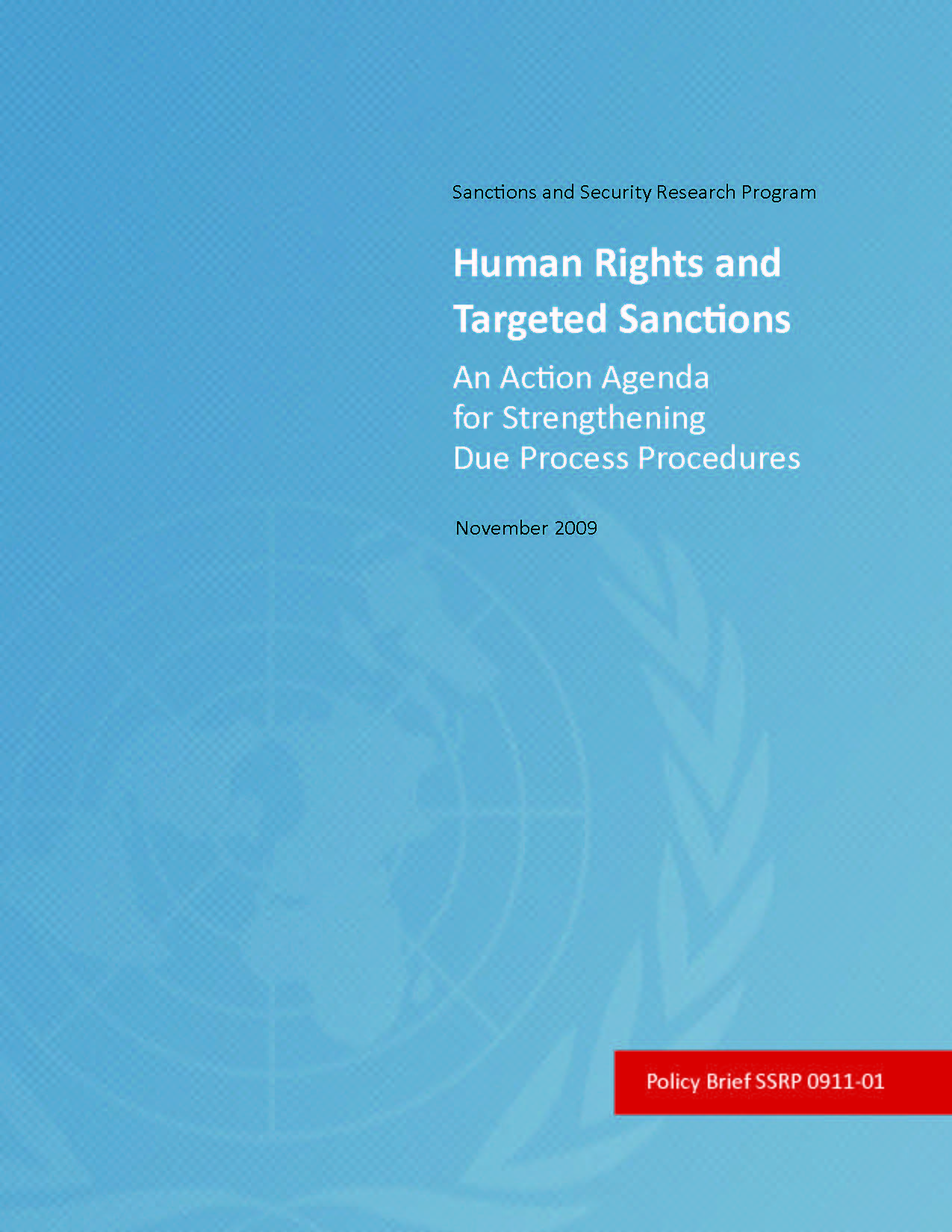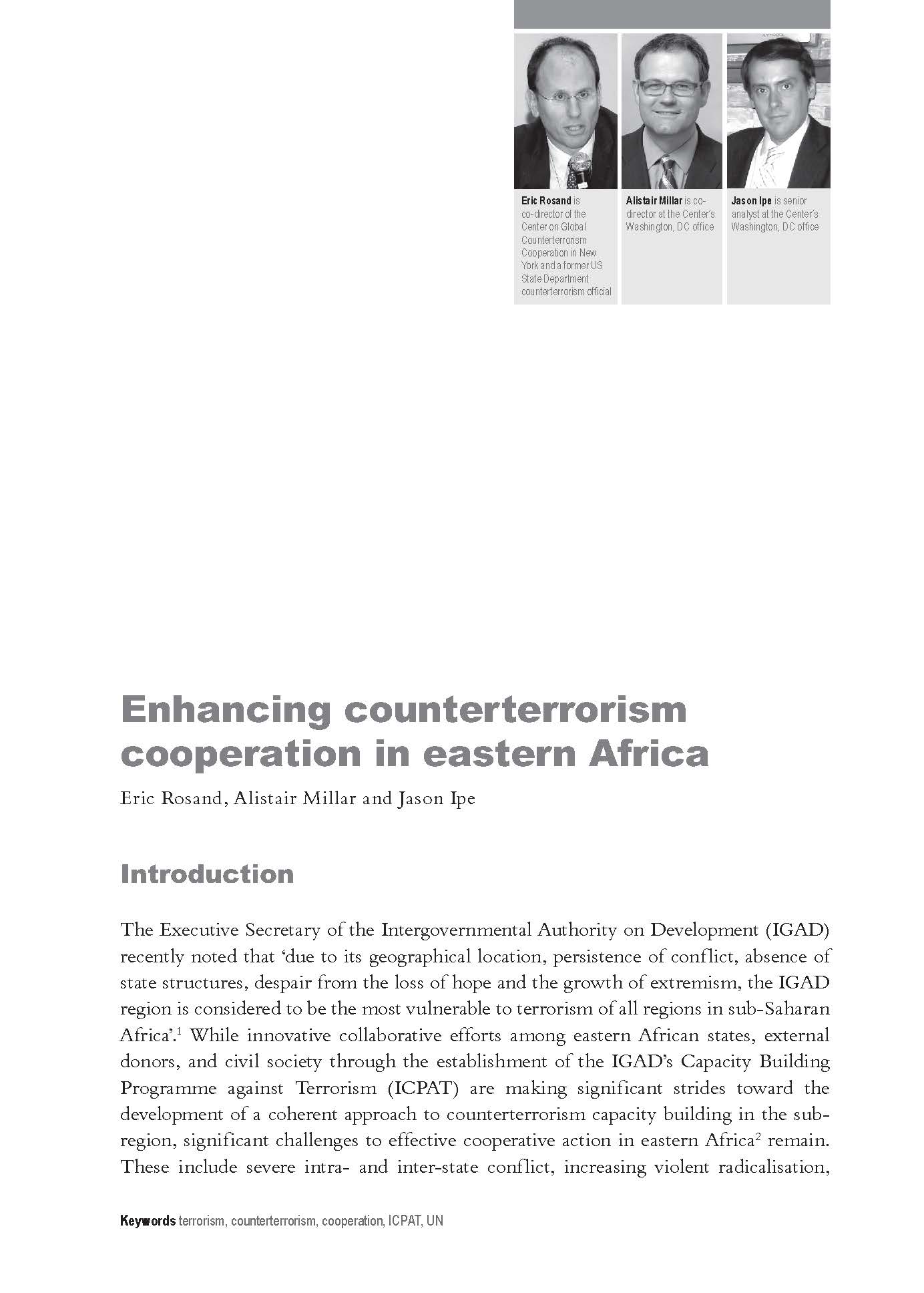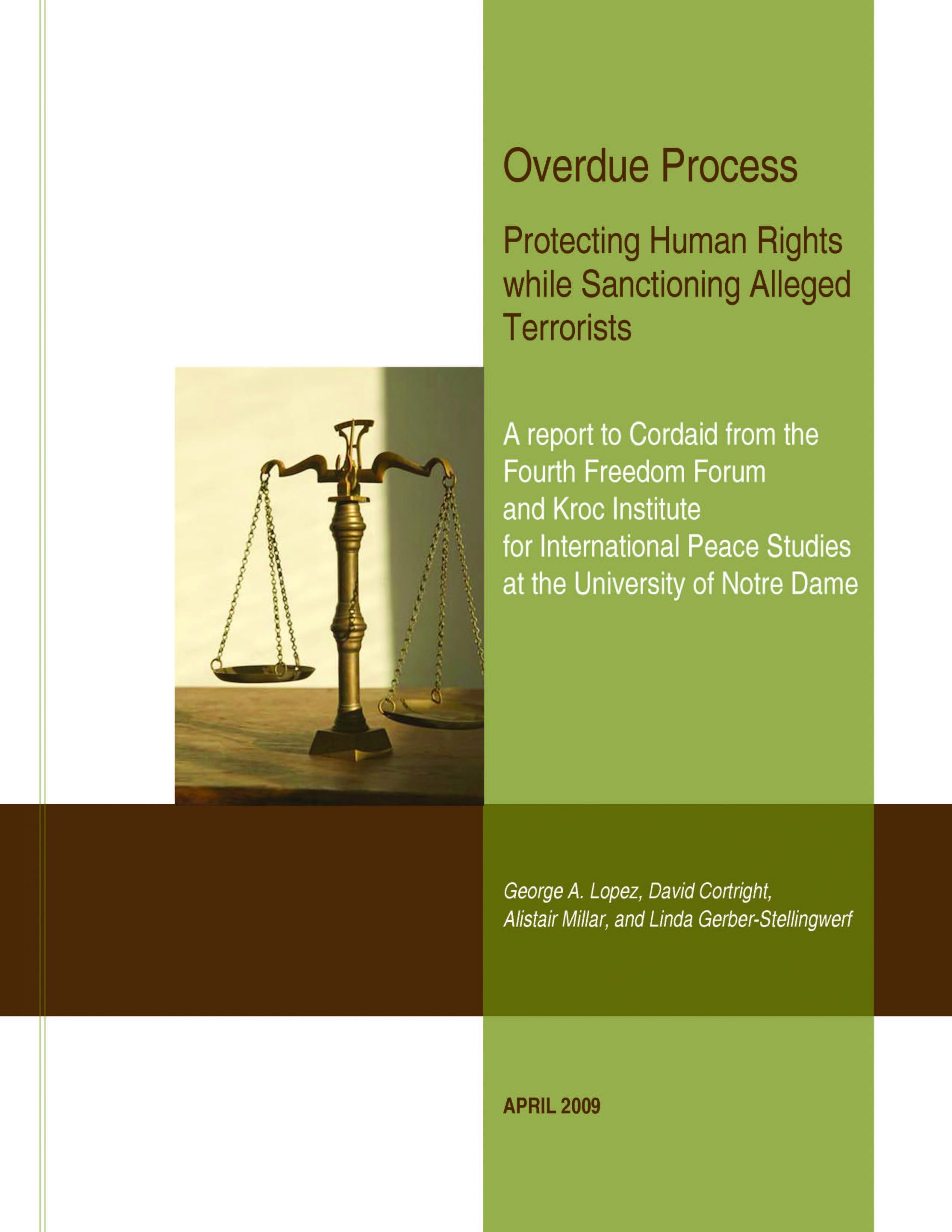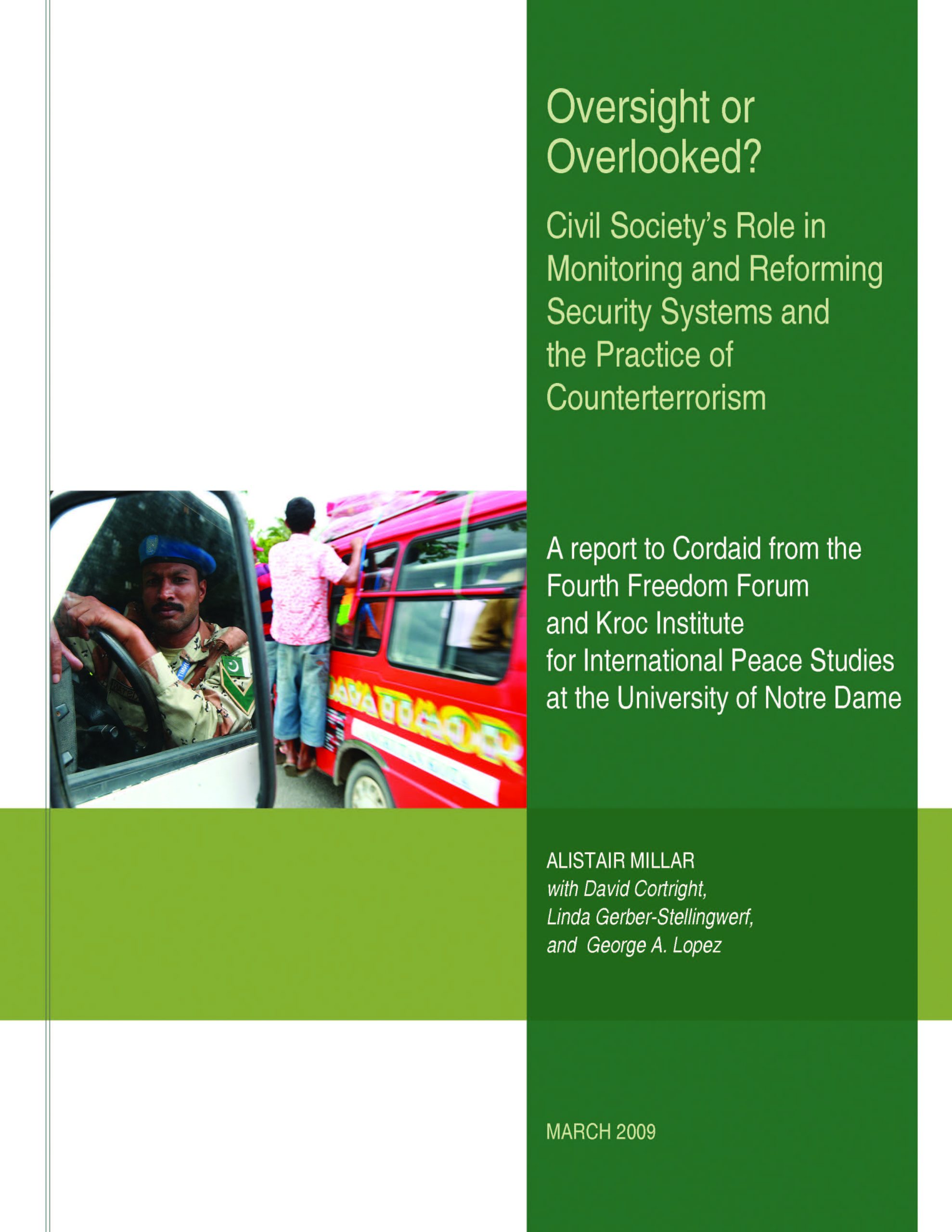Journal article — June 2009
This article, published in the African Security Review, begins with an overview of the terrorist threat and vulnerabilities in eastern Africa and the capacity of governments to respond. It then looks at the response at the subregional level and what has developed into the primary mechanism for fostering deeper subregional cooperation, the Intergovernmental Authority on Development Capacity Building Programme Against Terrorism, and how it may be improved. It also examines how the United Nations can help to strengthen that cooperation and the opportunity offered by the United Nations Global Counter-Terrorism Strategy.
